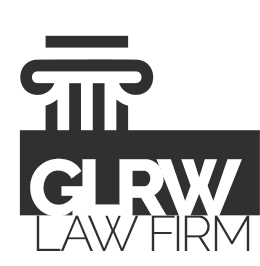
18 Jun A Landlords Guide to Landlord Registration Statements in New Jersey
Introduction to Landlord Registration in New Jersey
In New Jersey, landlords of residential rental dwellings must adhere to specific regulations outlined in N.J.S.A. 46:8-27 and N.J.S.A. 55:13A-1, which mandate the registration of rental units. Failure to comply with these requirements can lead to significant consequences. Let’s delve into the details:
Where to File a Landlord Registration Statement?
Landlords with three or more residential units in a single building must register through the Department of Community Affairs (DCA), while those with two or fewer units can register through the clerk of the municipality where the rental property is located. The registration statement, often referred to as the Landlord Identity Statement, includes details such as owner names and emergency contact information.
Landlord Registration Statements are different than a Certificate of Occupancy.
Most municipalities under local ordinances require a landlord to pass a rental property inspection by a municipal employee before granting a certificate of occupancy. The receipt of the certificate of occupancy does not necessarily satisfy a landlord’s obligation to be registered. Unlike Certificates of Occupancy, the registration statement application imposes relatively little burden on landlords. It does not necessitate inspections and remains effective until the property is sold.
Legal Implications of Not Filing a Landlord Registration
When filing an eviction complaint, landlords must certify property registration and file a copy of the registration with the complaint. Failure to register can result in delays in eviction proceedings, with the Judgment for Possession stayed for up to ninety days until registration is completed or dismissal of the complaint.
Exceptions
Landlords of two-family owner-occupied houses should note exceptions to the registration requirement. Seasonal tenancies of six months or less and properties certified free of lead paint are exempt. Dwellings constructed after 1978 are typically considered lead paint-free.
Frequently Asked Questions About Landlord Registration
How do I register?
For dwellings with three or more units, the property must be registered with New Jersey Department of Community Affairs, which can be done on their website. For rentals of one or two units, registration must be done at the local municipal office.
What happens if I don’t register?
You cannot legally obtain a judgment for possession without complying with the Landlord Registration Act.
Is there a fee to register?
Depends on the municipality. Usually, any fee is included with obtaining a certificate of occupancy.
Do I need to re-register every year?
No, but you may have to renew a certificate of occupancy depending on the local ordinance.
Conclusion: Ensuring Compliance with New Jersey Law
Ensuring compliance with landlord registration requirements is essential for maintaining legal standing and avoiding potential penalties. For personalized legal assistance and guidance in navigating these regulations, landlords can rely on experienced legal counsel to safeguard their interests and investments effectively.




Sorry, the comment form is closed at this time.